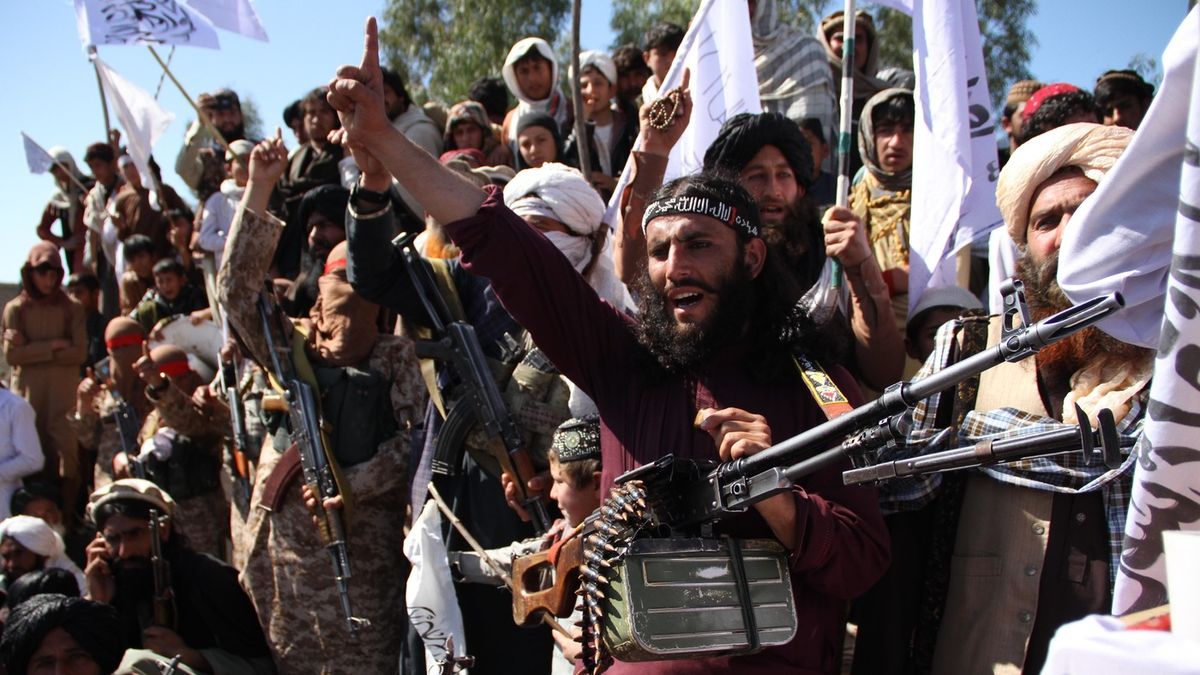“Between August and November, we received credible reports of more than 100 executions of former members of the Afghan national security forces and other individuals associated with the former government, of which at least 72 were attributed to the Taliban,” stated the Deputy High Commissioner for the Human Rights, Nada Al Nashif, before the UN Human Rights Council.
“I am alarmed by persistent reports of extrajudicial executions throughout the country, despite the general amnesty announced by the Taliban after August 15“In several cases the bodies were exposed in public, which increased fear among a significant part of the population,” Al Nashif said.
“In Nangarjar province alone, there appear to have been at least 50 extrajudicial executions of people suspected of belonging to the Islamic State of Khorasan (EI-K) “, he indicated.
U.S and its Western allies already stated in early December that they were “concerned” by the “very summary executions” of former members of the Afghan security forces by the Taliban regime (as revealed by human rights organizations), and asked to open a rapid research.
La ONG Human Rights Watch (HRW) published a report claiming to document “killings or disappearances of 47 former members of the Afghan National Security Forces who had surrendered or were detained by Taliban forces between August 15 and October 31”.
The Taliban reject these accusations, which they consider “unfair”.
“There were cases of death among former members of the security forces” of the deposed government, “but due to enmities or personal problems,” explained the spokesman for the Taliban Interior Ministry, Qari Sayed Khosti.
Al Nashif also warned about the suffering of the Afghan people, who according to the United Nations are facing one of the worst humanitarian catastrophes in the world.
Stressing that the crisis “is exacerbated by the impact of sanctions and the freezing of state assets,” he warned the international community that their “political options are a matter of life and death” for Afghans.
The country’s economy has stagnated since the fundamentalists came to power, which led the international community to freeze the aid on which the country was based.
“Afghanistan faces a situation of hunger and misery as I have never seen in more than twenty years that I work for WFP,” said the agency’s head in the country, Mary Ellen McGroarty.
Source From: Ambito
David William is a talented author who has made a name for himself in the world of writing. He is a professional author who writes on a wide range of topics, from general interest to opinion news. David is currently working as a writer at 24 hours worlds where he brings his unique perspective and in-depth research to his articles, making them both informative and engaging.




